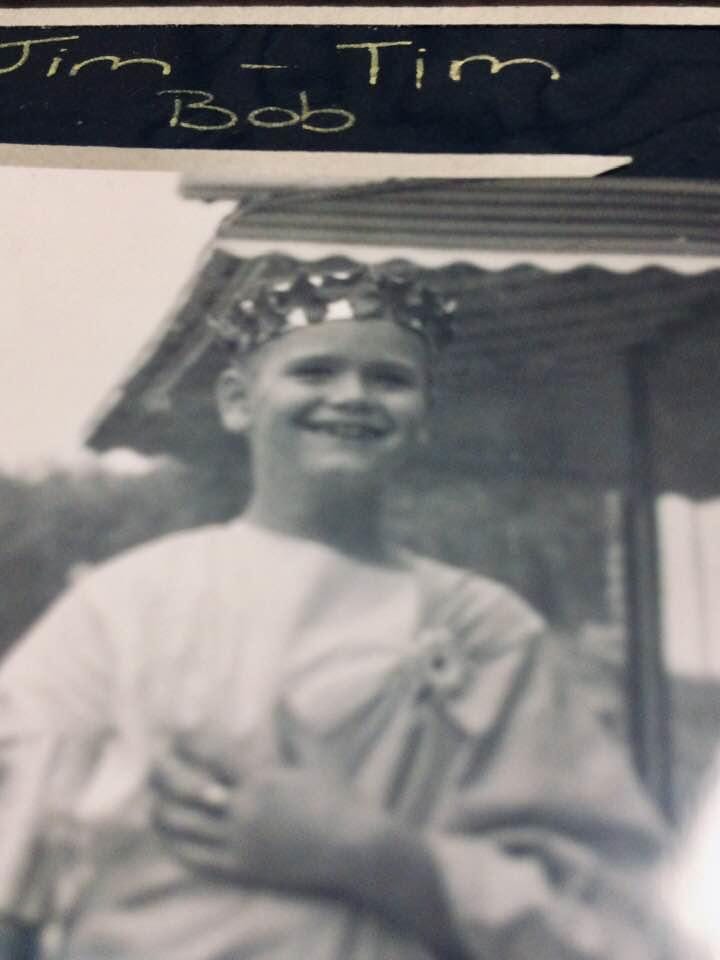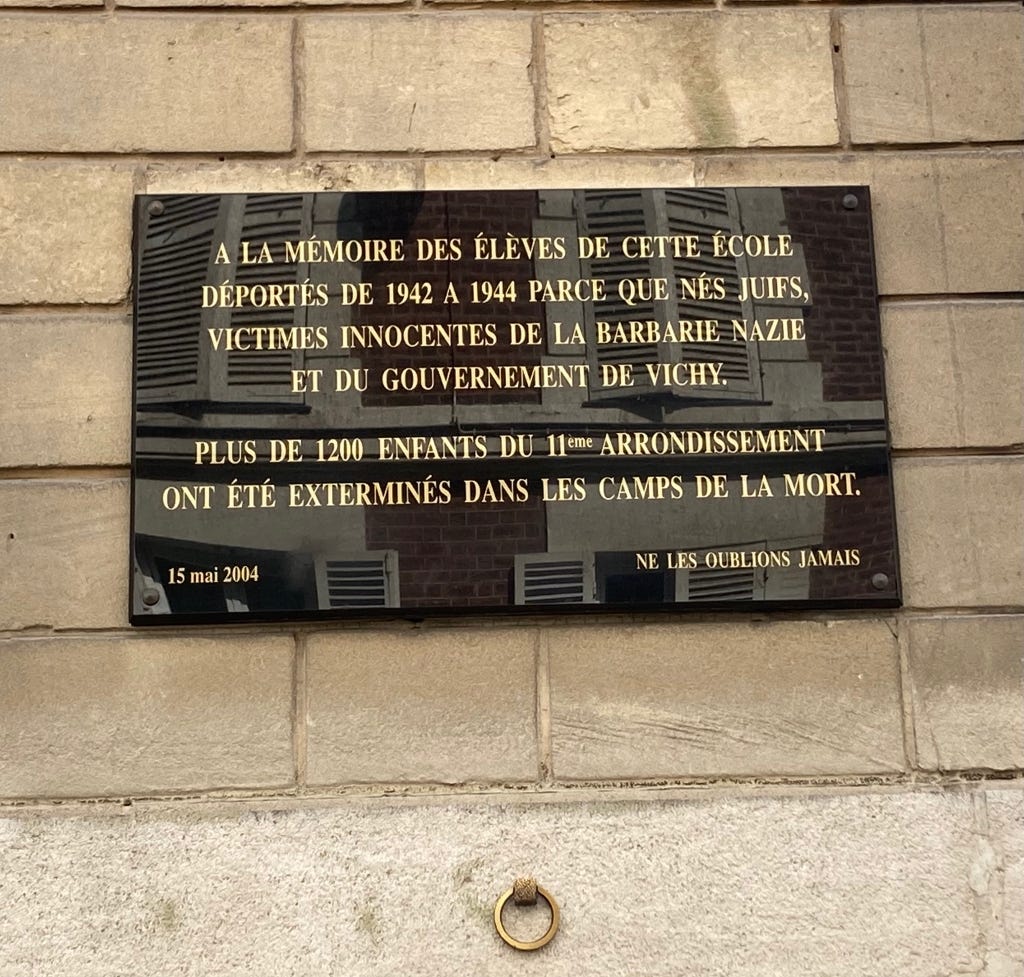Courage?
Jim's Musings from Paris July 24, 2021
I’ve been thinking a lot lately about courage. All the while that we were going through the process of leaving Akron—downsizing, selling our house, stripping away everything that wasn’t absolutely necessary (the via negativa in the Grotowski lexicon)—numerous people told us how “courageous” we were to embark on this path of moving to Paris. I’m not sure it was courage, but there was a kind of freedom I felt arriving to the airport with no keys, a one-way ticket, and only what we could fit in our suitcases. Of course, I’m not counting the literal “ton” of stuff that had been shipped previously by boat. Let’s forget about that for the moment. I was feeling free, not courageous. But others looked at what we were doing and called it courage. Even now, in Paris, we have met people who have remarked how courageous it is to make such a change in life so late in the game. To give up your security, your network of acquaintances and support in lieu of something very unknown. Unenrolling from Medicare was hard, even though I knew that in three months we would have access to one of the best medical systems in the world. But was that “courageous?” Trying to decide which memento or book to keep and which to part with took time. But is that courage?
I started kindergarten the same fall that John F. Kennedy was elected President. My formative years of grade school, first through fifth grades, took place in a four room Catholic schoolhouse, two grades to a room, with Sisters Dorine and Edwina and Mrs. Swatzina. For me, the word courage was associated with my evolving conception of our president. I knew he had written a book titled Profiles in Courage, and I perused the weekly issues of Life and Look consuming the images of the handsome JFK sailing with his beautiful wife, and the stories of how he saved his PT boat crew from certain death during WWII. In the summer of 1963, I remember watching Hollywood’s version of this courageous story, PT109, in our small town’s main street movie theatre.
Later that summer, I made one of my first theatrical appearances in the annual “Kiddie Parade” as a toga-wearing Julius Caesar, marching with my older brother, Tim, cast as Mark Anthony, clad in black leotard, tights, and tin foil armor. Wendy Bloom, daughter of the editor of the town’s newspaper, The Stanley Republican, floated between us as a very blonde (might I say Marilyn-esque) Cleopatra. I remember there was an asp involved as well. Somewhere. We won an honorable mention even though no one really knew who we were supposed to be. The infamous movie with Elizabeth Taylor hadn’t been released yet. Few people made the connection between the three wholesome children “courageously” strutting down Main Street amidst trikes and bikes festooned with crepe paper and balloons and the lurid Taylor-Burton scandal that burned the world’s presses. I think my mother and her friends, who conceived the idea of their children portraying this ill-fated love triangle, didn’t quite take their performance art idea far enough to make the statement resonate for the residents of Stanley, Wisconsin. However, the semiotics of my first performance now make me smile. Yes, I had a good childhood, but still, what about “courage?”
One day in third grade, later that same fall, Father Cramer came into the classroom and announced that the President had been shot. I remember the shock on Mrs. Swatzina’s face as her hands involuntarily covered her gasping mouth. I remember the moment of fear as I whispered to the girl sitting closest to me that the Russians would now take over. Or was it the Republicans? Usually, my brother and I walked the long mile to our house on the outskirts of town, but today after school my mother picked us up in the car. The weekend was spent watching the remains of our country’s courage played out on television and my idyllic childhood quickly faded with the autumn colors.
It’s probably clear to you by now that courage is a badge that I am not comfortable wearing. Sometimes courage is simply generosity. Sometimes it is compassion. Sometimes it is forced upon you and sometimes it comes after the fact. Rarely, is it something one seeks. My colleague Neema, who grew up in a refugee camp and arrived in Akron with his family to start a new life—he is courageous. My niece Viola (and other young people), who is starting university this fall at a time when the world is in such a state of chaos and tumult—she is courageous. The elderly, who daily face their loneliness and mortality with dignity and fortitude—they are courageous. People of color and LGBTQ youth and adults, who must constantly defend themselves against systemic racism and phobias that assault them at every moment—they are courageous. Those who battle disease and addiction, devastating loss and grief—they are courageous.
This past week as I explored what will soon be our new neighborhood, I stopped in front of the school next to our apartment building. I saw a placard like ones that I had seen on several other schools in the 11th and 12th arrondissements in Paris. It reads:
In memory of the students from this school
deported from 1942 to 1944 because they were born Jewish,
innocent victims of the barbarism of the Nazis and the Vichy government.
More than 1200 children from the 11th arrondissement
were exterminated in the death camps.
May 15, 2004 We will never forget them.
They were courageous.


